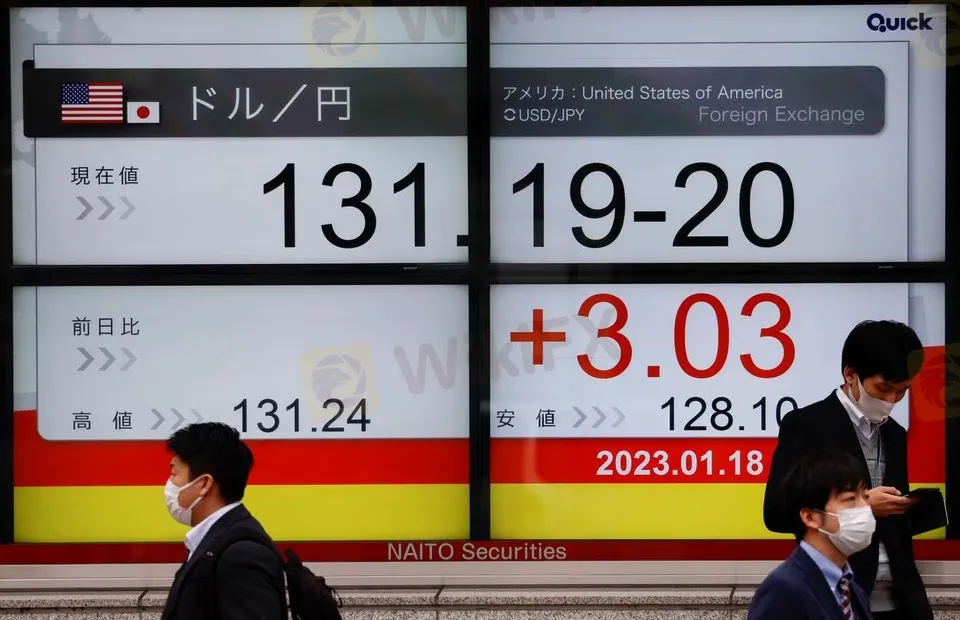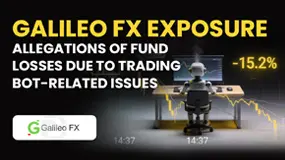Abstract:On Wednesday, Asian shares extended their winning streak to reach their best levels in seven months, led by South Korean stocks, while the Australian dollar touched multi-month highs as rising inflation made higher interest rates more probable.

On Wednesday, Asian shares extended their winning streak to reach their best levels in seven months, led by South Korean stocks, while the Australian dollar touched multi-month highs as rising inflation made higher interest rates more probable.
MSCI's broadest index of Asia-Pacific shares outside Japan (.MIAPJ0000PUS) rose 0.4% to a seven-month high, while South Korean stocks (.KS11) rose 1.3% as trading resumed after the Lunar New Year holidays.
The MSCI index has risen 9% this year after falling almost 20% in 2022. Because the Chinese and Taiwanese markets were closed for the holidays, trading activity was low.
The Nikkei (.N225) rose 0.1%, while Singapore (.STI) rose 1.7%.
Globally, equities have rebounded well this year after a disastrous 2022, on optimism that inflation is nearing a high and that the increase in US interest rates would slow. The removal of COVID regulations in China, as well as the reopening of its borders, has strengthened investor confidence even further.
“It seems that markets are more captivated by ”Goldilocks“ outcomes of tightening risks being controlled while recession risks are being muted,” Mizuho strategists said in a note.
U.S. market indexes finished neutral on Tuesday as corporations warned of a difficult year ahead, despite some earnings beats, and data showed U.S. economic activity dropped for the seventh consecutive month in January.
Microsoft Corp (MSFT.O) climbed in after-hours trading after reporting better-than-expected earnings, demonstrating some resilience in the face of a sluggish economy.
On Tuesday, MSCI's all-country global index (.MIWD00000PUS) set a new five-month closing high.
Stronger-than-anticipated economic data in Europe has alleviated market concerns of a severe recession in the eurozone as energy costs fall, while interest rates are still likely to rise.
The euro stayed at a nine-month high against the dollar, as traders were buoyed by a brighter economic prognosis for the eurozone vs fears of a US recession.
On Wednesday, Australian stock markets (.AXJO) fell 0.2% after a surprise rise in inflation to a 33-year high last quarter strengthened the argument for the Reserve Bank of Australia to maintain hiking interest rates.
Investors have substantially reduced their expectations that the Reserve Bank of Australia (RBA) would raise its cash rate by a quarter point to 3.35% when it meets on February 7. Analysts anticipated the RBA would even suspend its tightening drive, but the rate of inflation put an end to that.
The Kiwi, on the other hand, fell roughly 0.4% to $0.648 after New Zealand's annual inflation rate of 7.2% in the fourth quarter fell short of the central bank's prediction of 7.5%.
Crude oil prices in the United States remained constant at $80 per barrel after decreasing the previous day as early data suggested a larger-than-expected growth in U.S. oil stocks.
Gold prices remained stable at $1,938 per ounce, close to a nine-month high reached the previous day.
Stay tuned for more Forex Market news.
Install the WikiFX App on your smartphones to stay updated on the latest news.
Download link: https://www.wikifx.com/en/download.html










